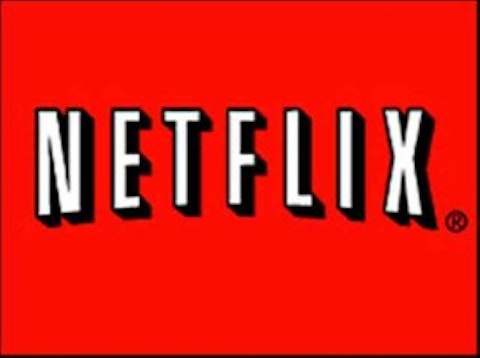The market has roared to life this year and is now at all-time highs, leading many investors to fear that the search for good, cheap stocks is futile. Is value investing dead? Not likely. But just because the market’s up doesn’t mean all the “expensive” stocks are bad investments.
Let’s take a look at a few and see if we can find some “expensive” value.
Back to the future?

Netflix, Inc. (NASDAQ:NFLX)’s $270 share price extrapolates to a very high valuation; it’s forward PE is 168, while the TTM PE is a nearly offensive 631. So why should you buy?
In a word? Growth.
Management told us that the path to growth would be painful, as it would use free cash flow and profits to pay for expansion, and limit using debt. One only has to look at the most recent quarterly earnings report to gain better insight.
International streaming revenue has grown over 300% in the past year, and now accounts for 14% of total revenue. And while international streaming as a whole is still losing money, management says that each market will take about a year to turn profitable. This alone, based on TTM results, is worth $380 million to the bottom-line just at break-even for international streaming. And while it’s not as simple as drawing a line from this contribution to net income, look at it in context: At the stock’s height, the company peaked at $225 million in net annual income. We are talking about an additional $380 million, just at break-even for international streaming. Compelling? If not, maybe this will be.
The company has only missed its quarterly forecast four times in the past 29 quarters. That’s nearly eight years of consistent accuracy. Say what you want about Reed Hastings and team, but they know their business. And they are telling us these new markets will be profitable. I’m inclined to believe them.
Competition not getting it done
A Hulu independent of its studio and cable operator owners was something that deserved attention. However, 21st Century Fox, Comcast Corporation (NASDAQ:CMCSA) subsidiary NBC Universal, and The Walt Disney Company (NYSE:DIS) deciding to not sell the streaming service seems more likely to keep it from ever reaching its full potential. To paraphrase, the best way to kill a disruptive company is ownership by committee – especially a committee of competitors.
Strong evidence is Disney’s recent big deal with Netflix, Inc. (NASDAQ:NFLX), and not Hulu. Sleeping with the enemy? Not really; if anything it’s The Walt Disney Company (NYSE:DIS)’s recognition that streaming is an important media outlet, and by partnering with Netflix versus its shared interest in Hulu, its competitors/partners in the Hulu venture don’t benefit from Disney’s valuable IP. It’s exactly these sorts of deals; Netflix getting the keys to the Magic (streaming) Kingdom, that point towards continued success down the road.
Not the deal of the day; Google it and you’ll find it
I’m a fan and a user of Groupon Inc (NASDAQ:GRPN) . However, I also use Living Social, and find myself more and more attracted to its offers than those of Groupon. Heck, we get inundated with “deals” emails all the time, and at best, Groupon Inc (NASDAQ:GRPN) seems destined to get caught up in mediocrity and inability to differentiate itself from the “daily deals” crowd.





